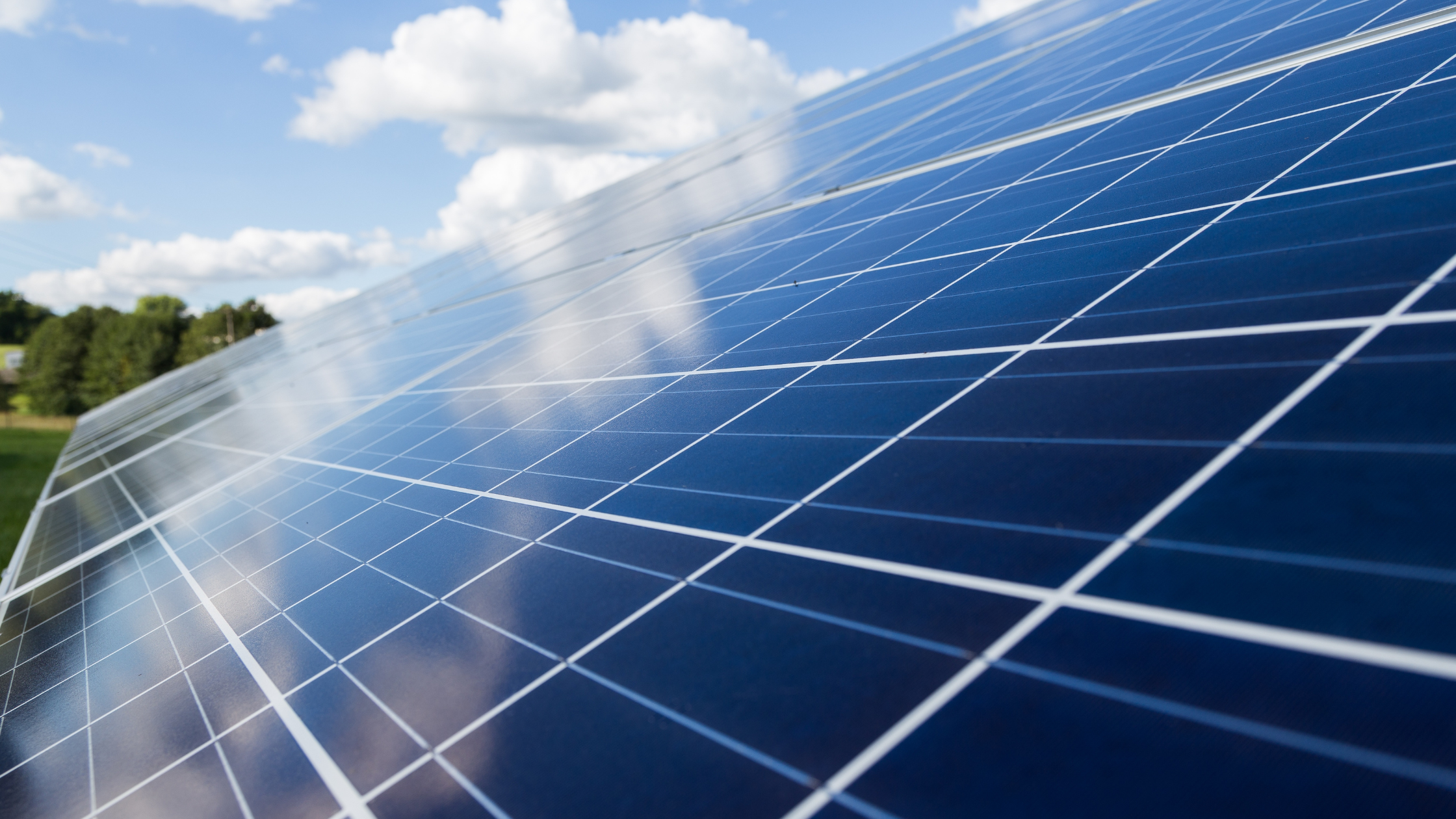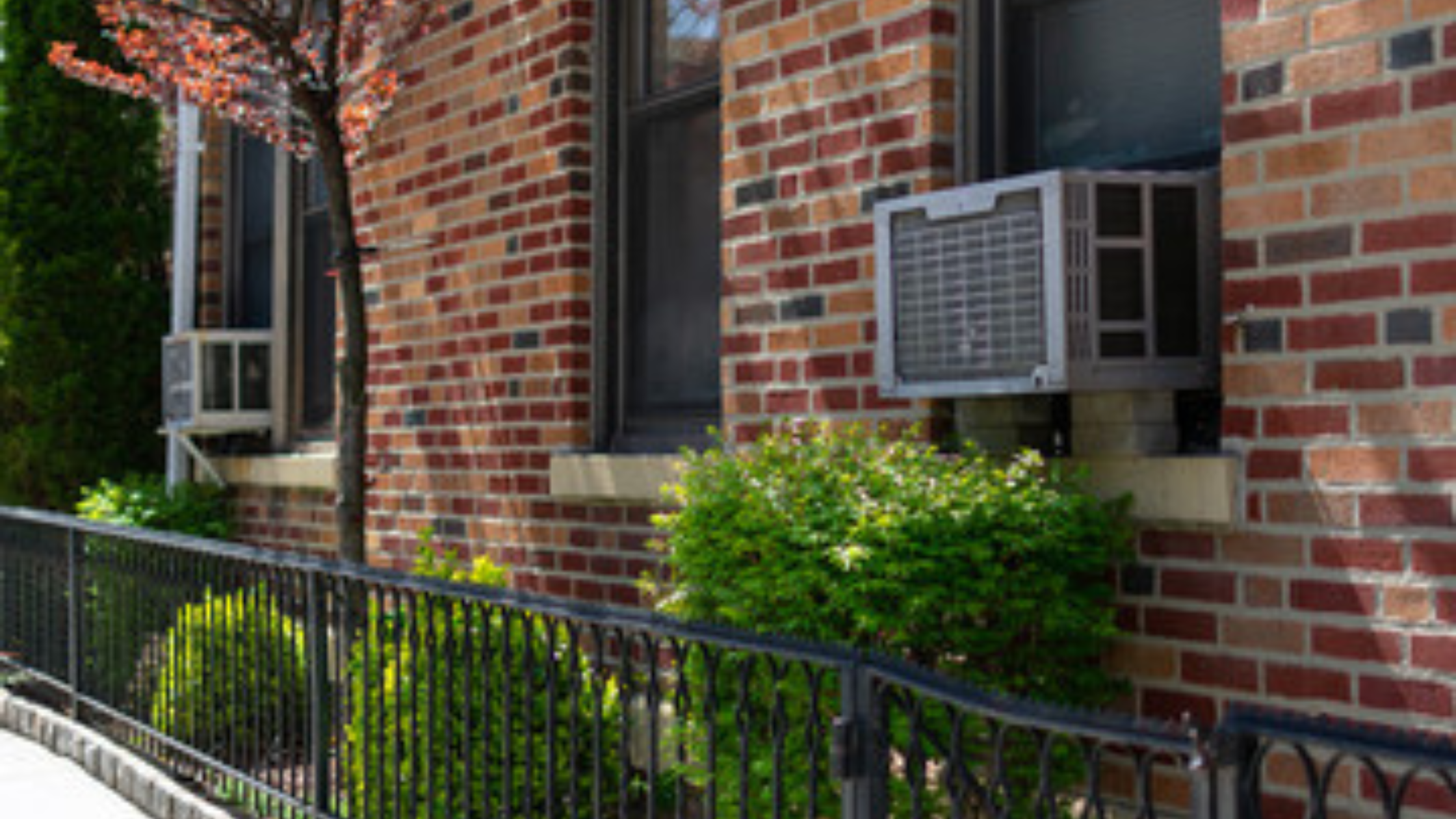
With rising electricity bills and increasing environmental concerns, the demand for solar ACs in India has skyrocketed. Solar-powered air conditioners not only help reduce energy costs but also promote eco-friendly living—a necessity in today’s world.
This blog dives deep into the best solar ACs in India 2025, offering expert reviews, insights on top brands, and practical energy-saving tips. Whether you’re a homeowner looking for cost-effective cooling or someone committed to a greener lifestyle, this guide will help you make an informed choice.
Let’s explore the best options and find the perfect solar AC for your home.
Why Choose Solar ACs in India?
Solar ACs are becoming a popular choice in India, thanks to their energy efficiency, eco-friendliness, and government support. Here’s why they’re worth considering:
- ✅ 25% Growth in Solar AC Sales: Driven by rising electricity costs and subsidies, solar AC adoption is skyrocketing.
- ✅ Eco-Friendly Cooling: Reduces carbon emissions by 30% compared to regular ACs, supporting India’s green energy goals.
- ✅ Government Subsidies: Programs like the PM Surya Ghar Yojana offer up to ₹30,000 in subsidies, making solar ACs more affordable.
- ✅ Ideal for Indian Climate: Designed to handle peak summer heat while cutting electricity bills by up to 50%.
By switching to solar ACs, you’re not just saving money—you’re contributing to a cleaner, greener future for India.
What Are Solar ACs and How Do They Work?
Solar ACs are innovative cooling systems that use solar energy as their primary power source, making them an eco-friendly and energy-efficient alternative to traditional air conditioners.
Unlike conventional ACs that rely solely on electricity, solar ACs operate with the help of solar panels, which convert sunlight into electricity.
Key Components of Solar ACs
- Solar Panels: These collect sunlight and transform it into usable electricity to power the air conditioner.
- Inverter Technology: Ensures consistent cooling by efficiently managing energy consumption and regulating power supply.
- Hybrid Technology: Some solar ACs are hybrid, allowing them to switch between solar and conventional power during cloudy days or at night for uninterrupted cooling.
How Do Solar ACs Work?
During the day, solar panels absorb sunlight and generate direct current (DC) electricity. This energy is then converted into alternating current (AC) electricity through an inverter, which powers the air conditioner. Excess energy generated can often be stored in batteries or sent back to the grid, depending on the system setup.
This process ensures that solar ACs not only reduce electricity costs but also minimize the carbon footprint, making them a sustainable choice for modern homes.
Best Solar ACs in India 2025: Top 7 Expert-Picked Models
| Model | Capacity | Price (₹) | Energy Rating | Battery Backup |
|---|---|---|---|---|
| Exalta 1.5 Ton | 1.5 Ton | 75,000 | 5-star | Yes |
| Electrower Vayu | 1.5 Ton | 68,000 | 4-star | No |
Buying Guide: How to Pick the Best Solar AC
Key Features to Look for in a Solar AC
Choosing the right solar AC for Indian homes requires evaluating essential features that ensure maximum efficiency, convenience, and value for money. Here’s what you should look for:
Inverter Technology
Inverter tech auto-adjusts cooling to save energy without sacrificing comfort. This is particularly important for ensuring seamless performance in the Indian climate.
Battery Backup
A solar AC with battery backup provides uninterrupted cooling even during power outages or at night, making it ideal for regions with frequent electricity disruptions.
Energy Efficiency Ratings
Look for high energy efficiency ratings, such as a 5-star BEE rating, to minimize power consumption and maximize savings. Energy-efficient solar ACs also have a lower environmental impact.
IoT Compatibility
Smart features like IoT compatibility enable remote control and monitoring through smartphones, enhancing convenience and integrating with smart home systems.
Hybrid Solar AC Options
Hybrid models can switch between solar and grid power, ensuring reliable operation in varying weather conditions while optimizing energy use.
Self-Cleaning Technology
To reduce maintenance and improve air quality, consider models with self-cleaning technology that prevent dust and allergens from accumulating.
By prioritizing these features, you can find a solar AC that delivers efficient, eco-friendly, and hassle-free cooling tailored to Indian needs.
Top Brands for Solar ACs in India
Identifying the top brands for solar air conditioners in India can be challenging due to the niche nature of the market. However, some manufacturers have made notable strides in this sector:
- Exalta: Specializes in solar energy-based products, offering models like the 1.5 Ton Direct Solar Air Conditioner, which includes six 350-watt panels. Exalta Solar Products
- Electrower: Features the Vayu 2.0, a 1.5-ton capacity AC designed for solar compatibility, providing a sustainable cooling solution. The Times of India
- Nexus Solar Energy Pvt Ltd: Offers the Devsol Solar AC, catering to consumers seeking energy-efficient cooling options. Nexus Solar Energy
It’s important to note that while major brands like LG, Daikin, and Voltas are prominent in the conventional AC market, their offerings in the solar AC segment are currently limited. As the demand for renewable energy solutions grows, more established brands may expand their product lines to include solar-compatible models.
Still confused? [Compare Solar AC Prices on Amazon] or check exclusive discounts.
Solar AC vs Regular AC: Which is Better?
Choosing between a solar AC and a regular AC depends on factors like energy efficiency, cost, and environmental impact, especially in the Indian climate. Here’s how they stack up:
Cost
While solar ACs have a higher upfront cost due to the inclusion of solar panels, they offer significant savings on electricity bills over time. In contrast, regular ACs are more affordable initially but lead to higher long-term electricity costs, particularly with India’s rising electricity rates.
Energy Consumption
Solar ACs run primarily on renewable energy, drastically reducing dependency on grid power. On the other hand, regular ACs rely entirely on electricity, consuming more power and adding to household expenses.
Environmental Impact
A solar AC is the clear winner in terms of eco-friendliness, as it reduces carbon emissions and supports sustainable energy use. In comparison, regular ACs contribute to greenhouse gas emissions and increase the carbon footprint.
Is Solar AC Worth It in India?
For households in sunny regions, solar ACs are highly beneficial due to abundant sunlight, long-term energy savings, and government subsidies. Regular ACs, while less eco-friendly, may suit areas with inconsistent solar exposure or lower energy needs.
Ultimately, solar ACs for the Indian climate are a smarter, greener investment, especially for those prioritizing energy efficiency and sustainability.
Government Subsidies & Solar AC Costs
| State | Subsidy % | Max Amount (₹) | Scheme Link |
|---|---|---|---|
| Maharashtra | 25% | 30,000 | [Surya Maharashtra] |
| Gujarat | 20% | 25,000 | [Gujarat Solar] |
The Indian government actively promotes renewable energy solutions, including solar air conditioners, through various subsidies and incentives.
Programs such as the solar AC subsidy 2025, a subsidy Scheme for Solar Appliances under the Ministry of New and Renewable Energy (MNRE) offer financial assistance, reducing the burden of upfront costs. Maharashtra offers 25% Government subsidies under Surya Maharashtra Yojana. Under the PM Surya Ghar Yojana, homeowners can save up to ₹30,000 on solar installations.
These initiatives aim to make solar-powered air conditioning accessible to more households, encouraging sustainable energy use.
Cost Breakdown of Solar ACs
While solar ACs typically have a higher upfront cost compared to conventional units, the investment pays off in the long run with significantly lower electricity bills. The average cost of a hybrid solar AC ranges from ₹50,000 to ₹80,000, while fully solar-powered systems may exceed ₹1,00,000.
However, government subsidies and tax benefits can considerably reduce these expenses.
Return on Investment (ROI)
Subsidies combined with energy savings result in a shorter ROI period, typically 4–6 years. Additionally, reduced reliance on the grid during peak summers adds to the economic and environmental benefits.
Challenges
Despite incentives, challenges such as high initial costs, regional variations in subsidy programs, and limited consumer awareness persist. Prospective buyers should check eligibility and specific subsidy schemes in their state for maximum benefits.
By adopting solar ACs with government incentives, households can enjoy long-term savings while contributing to a greener planet.
FAQ
What is a Solar AC, and how does it work?
Solar AC uses solar energy from solar panels to power the unit, reducing electricity consumption. It harnesses sunlight to cool spaces, offering an eco-friendly and cost-effective solution.
What are the benefits of using a Solar AC in India?
Solar ACs help reduce electricity bills, are environmentally friendly, and qualify for government subsidies, making them a smart investment for Indian homes.
How do I choose the right Solar AC for my home?
Consider cooling capacity, energy efficiency ratings, brand reputation, and warranty to choose the best Solar AC for your home.
Are Solar ACs suitable for all regions in India?
Yes, Solar ACs work well in most regions but perform optimally in sunny areas. Battery storage may be needed for less sunny climates.
What is the cost of installing a Solar AC in India?
Hybrid solar ACs one ton start at ₹50,000, while full solar setups cost up to ₹1.5 lakh. Costs vary by brand and features
Do Solar ACs require maintenance?
Like regular ACs, Solar ACs need periodic maintenance, including cleaning filters and checking solar panels for debris to ensure efficiency.
Can I use a Solar AC during power outages?
With a battery backup, Solar ACs can operate during power outages. Without it, they rely on grid electricity at night or on cloudy days.
How much can I save with a solar AC
A 1.5-ton solar AC saves ₹8,000–12,000 annually on bills (based on 2024 TERI report)
Conclusion
In conclusion, solar ACs have revolutionized energy-efficient cooling in Indian homes, with users reporting up to 50% savings on electricity bills and a 30% reduction in carbon emissions, according to a 2025 TERI report.
With features like inverter technology, battery backup, and high energy efficiency ratings, a solar AC can be the perfect solution for the growing energy demands of Indian households.
As solar ACs in India 2025 continue to evolve, it’s crucial to choose one that fits your specific needs, whether it’s for enhanced energy savings, eco-friendliness, or modern convenience.
Check out our top picks for the best solar ACs in India 2025 and start saving on your electricity bills today.


